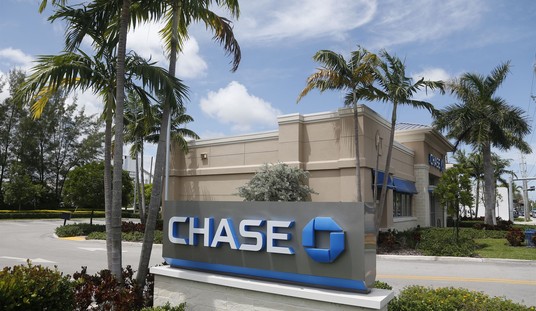Pope Francis weighed in on global warming the other day after convening a conference of climate scientists from around the world. His recent encyclical on the subject, “Laudato Si,” was awful in describing what we know about climate science, dreadful in discussing possible solutions and completely wrong in understanding the role that economics must play.
Let’s begin by distinguishing between “is” and “ought.” Scientists try to understand what is. And there is broad agreement about what we know and don’t know. (I’ll briefly summarize that below.) But there is not broad agreement about what we should do about it or whether we should do anything at all. And even if there were, there is no reason why the rest of us should pay any particular attention to it.
The reason? What we should do belongs in the realm of the ought. That requires value judgments. And climate scientists are no better than anyone else in making those judgments. Deciding what ought to be done also requires thinking through the economics implications of various alternatives. And most climate scientists typically know nothing whatever about serious economics.
As for what we know, Pope Francis said “If current trends continue, the century will witness unprecedented climate change and destruction of the ecosystem with tragic consequences.”
Where does that fact come from? No less a figure that President Obama’s chief climate scientist begs to disagree. Writing in the Wall Street Journal, Steven Koonin, undersecretary for science in the first Obama administration, says:
The idea that “Climate science is settled” runs through today’s popular and policy discussions. Unfortunately, that claim is misguided. It has not only distorted our public and policy debates on issues related to energy, greenhouse-gas emissions and the environment. But it also has inhibited the scientific and policy discussions that we need to have about our climate future.
Recommended
Here are some things we do know:
- The surface of the earth has been warming on and off since the last ice age ended, about 10,000 years ago.
- During the 20th century, the global surface temperature increased by about 3/4th of a degree centigrade.
- However, there was no close association between the release of carbon dioxide (CO2) and warming.
- There has been no global warming for the past 16, 19 or 26 years—depending on whether you choose the surface temperature record or one of two satellite records of the lower atmosphere. (See Matt Ridley in the Wall Street Journal.)
- The climate record of the last one to three decades is completely inconsistent with all known climate models (In other words, we don’t understand what is going on.)
- Climate scientists (using admittedly faulty models) are generally predicting an increase in global temperatures of 2.5 to 9 degrees Fahrenheit over the next 100 years. However, even the alarmists admit that if we are at the lower bound, there is not much to worry about.
- In fact, moderate warming may actually be a good thing – the benefits outweigh the costs.
So what, if anything, should be done? That is where economics comes into play. University of Chicago economist Kevin Murphy has shown that a strong economic case can be made for “watchful waiting,” based on straightforward cost-benefit analysis. (See David Henderson’s explanation.)
Yet the economic way of thinking is explicitly rejected by the pope. The environment cannot be “safeguarded or promoted by market forces,” he says. That means no carbon tax and no market for carbon emissions – the two techniques favored by almost all economists, given the need to do something.
For most of its history the Catholic Church was at war with science. Thankfully, a cease fire has been declared over the past several hundred years when it comes to the physical and biological sciences. Today, the Church does not dispute the Copernican Revolution; it accepts the big bang theory; and it does not deny biological evolution.
There is one exception to the truce between the theologians and the scientists, however: the field of economics.
Yet here are some undisputed facts. For the 100,000-year history of the human race (including most of the 2,000 year history of the Catholic Church) virtually every human on this planet lived on about $1 a day — rarely more than $3 a day. This was no one's fault. It was the natural condition of humankind. And then, about 200 years ago, a remarkable thing happened. It's called capitalism. Wherever free markets and the institutions that sustain them have developed, the lives of people have become immeasurably better.
Those are facts we need to keep in mind in finding a solution to the problem of climate change.

























Join the conversation as a VIP Member